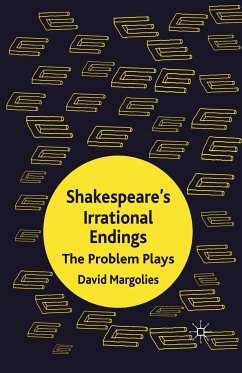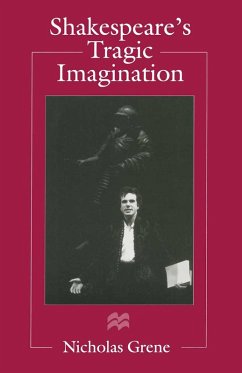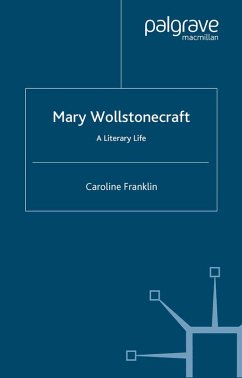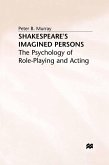Dieser Download kann aus rechtlichen Gründen nur mit Rechnungsadresse in A, B, BG, CY, CZ, D, DK, EW, E, FIN, F, GR, HR, H, IRL, I, LT, L, LR, M, NL, PL, P, R, S, SLO, SK ausgeliefert werden.
"Shakespeare's Irrational Endings offers an unparalleled history of both the concept and status of problem plays. As well as the traditional trio, Margolies includes Much Ado About Nothing, The Merchant of Venice, and Othello in the 'problem play' category. These six works, Margolies argues, are designed to unsettle and worry Shakespeare's audiences by offering them appropriate formal outcomes marriages or deaths without the expected emotional release." - Notes and Queries









